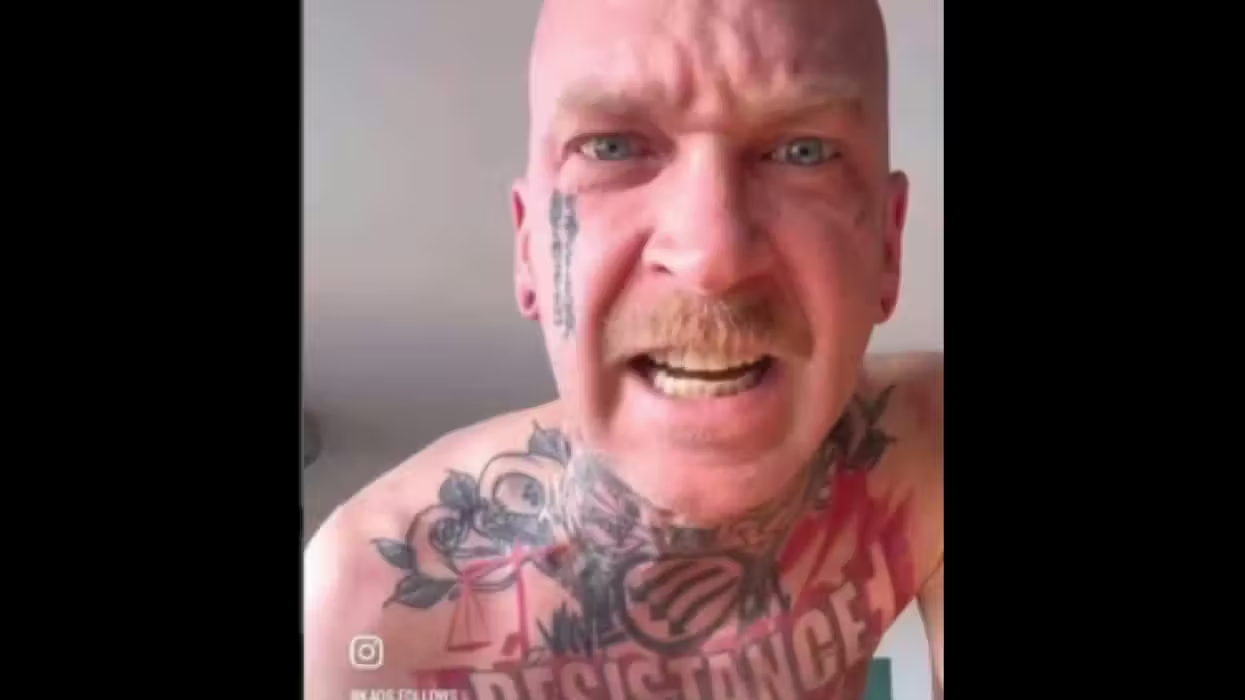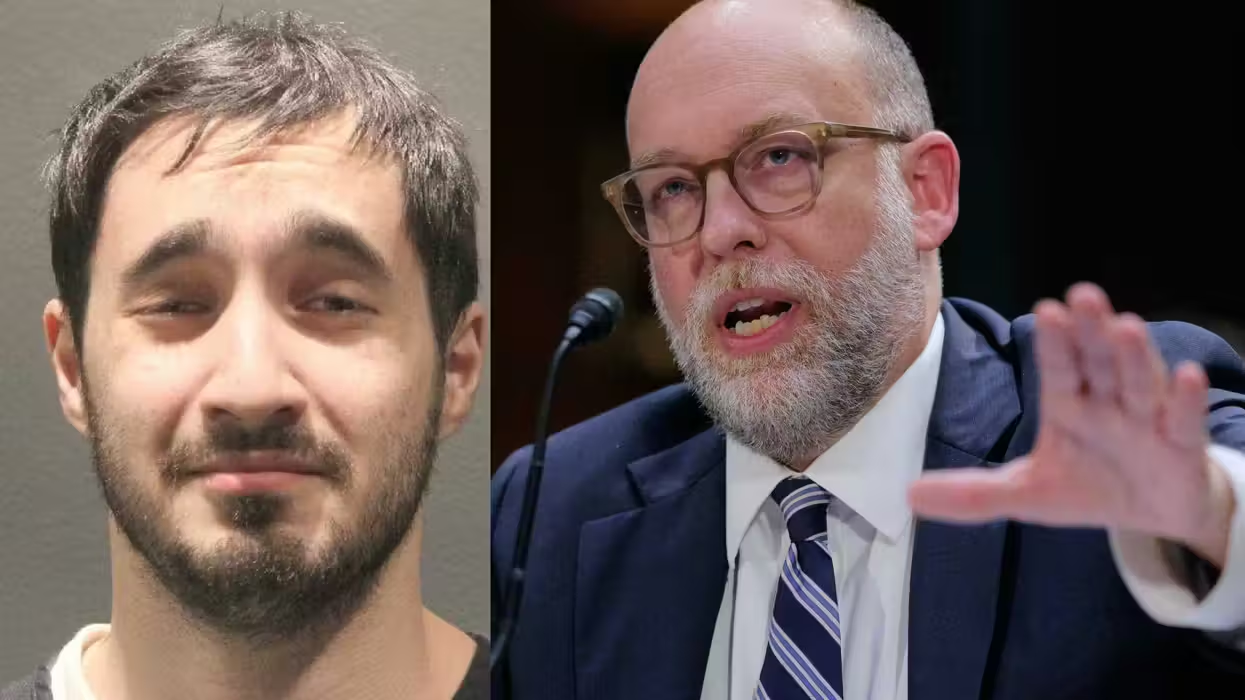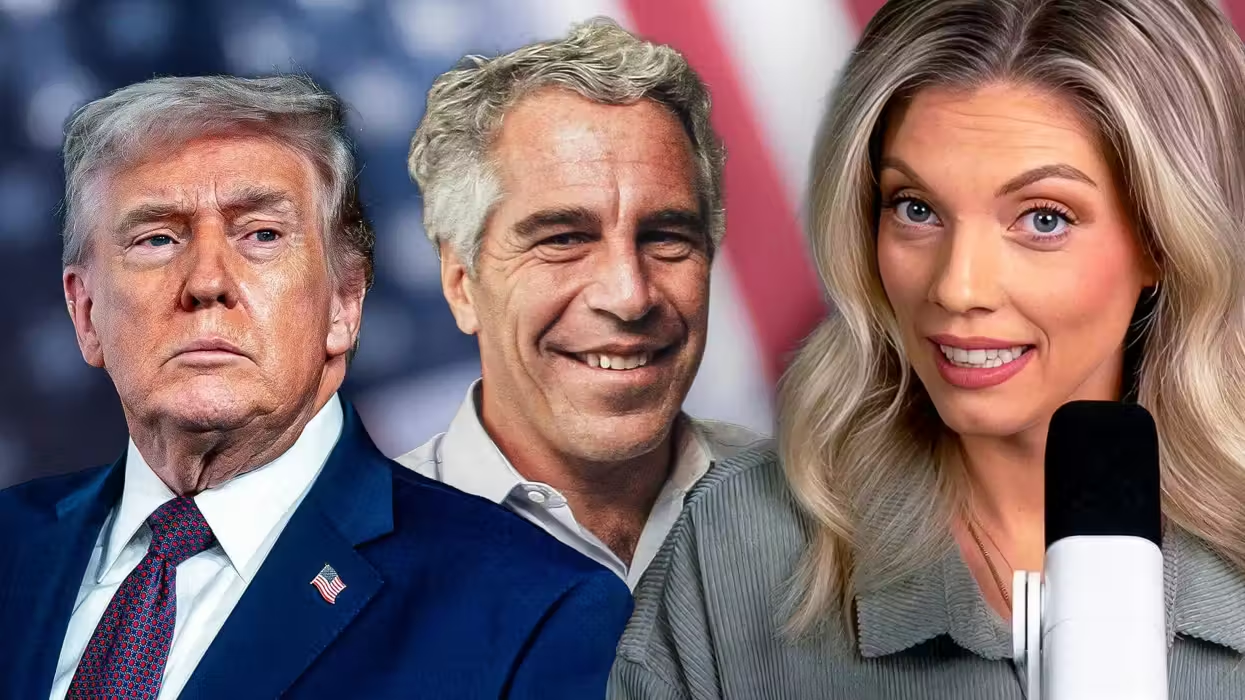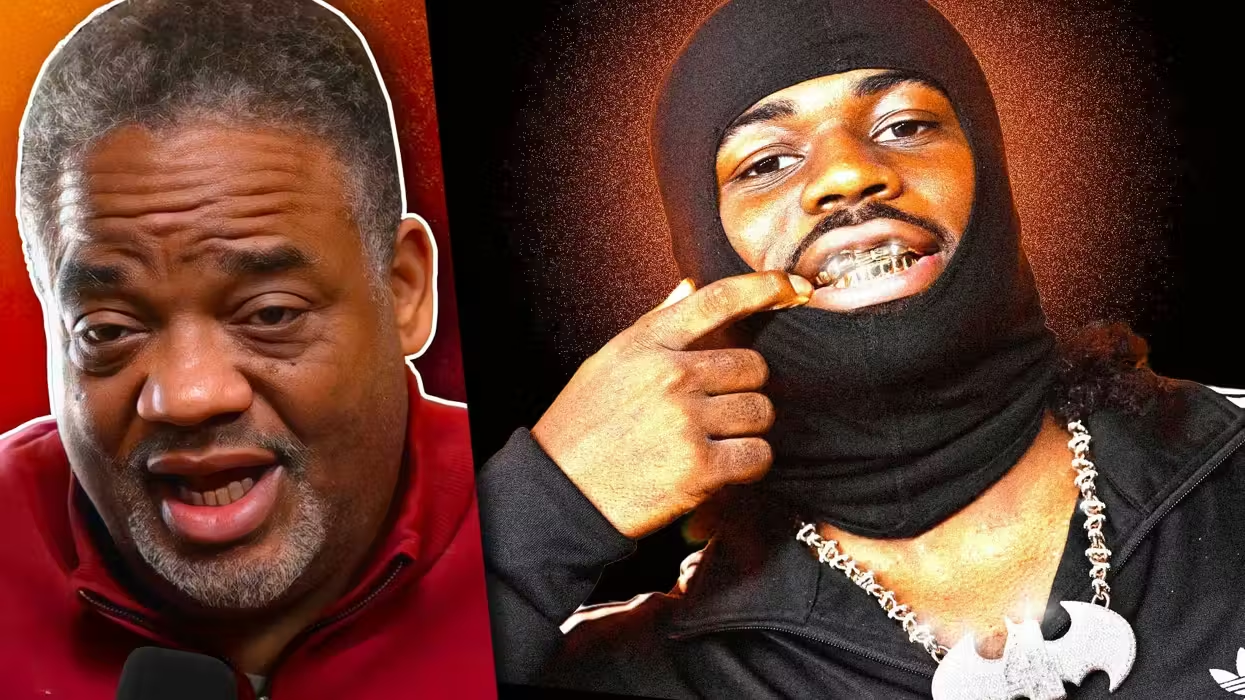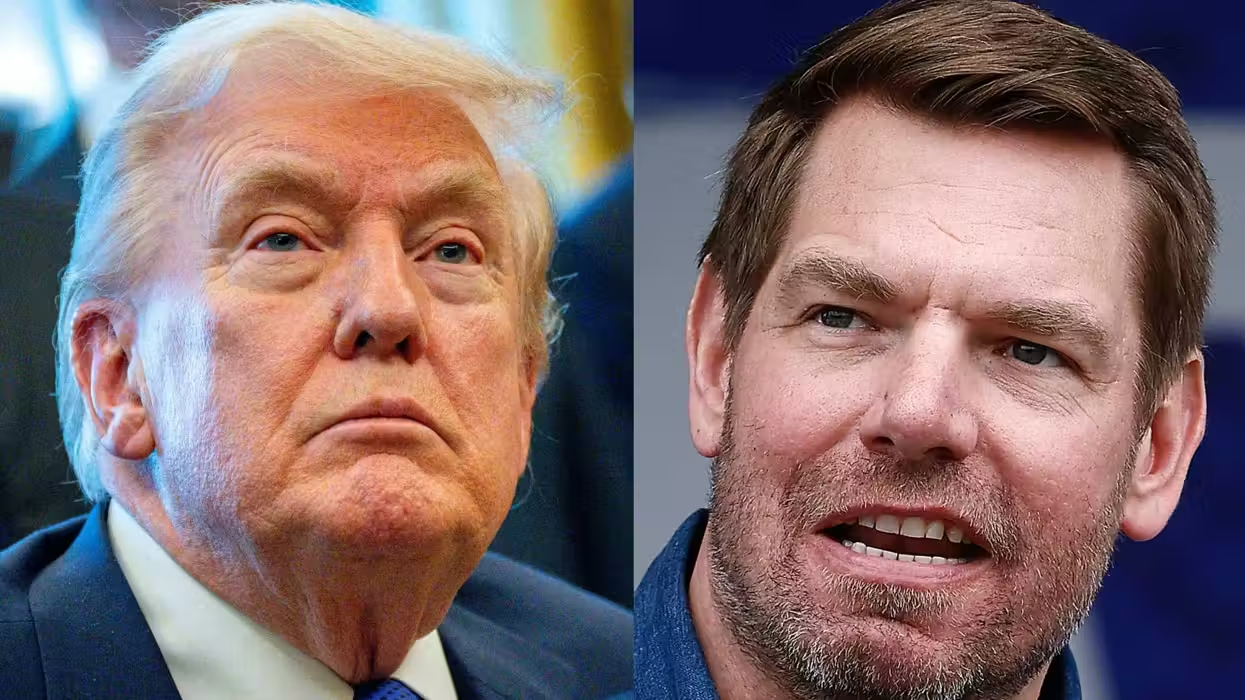 A picture shows a burnt building at the US consulate compound in the eastern Libyan city of Benghazi on September 13, 2012 following an attack late on September 11 in which the US ambassador to Libya and three other US nationals were killed. (Credit: AFP/Getty Images)
A picture shows a burnt building at the US consulate compound in the eastern Libyan city of Benghazi on September 13, 2012 following an attack late on September 11 in which the US ambassador to Libya and three other US nationals were killed. (Credit: AFP/Getty Images)
As the U.S. Mission in Benghazi and a close-by CIA annex were overrun by heavily armed terrorists on Sept. 11, the Americans inside severely outnumbered, the State Department neglected to request any type of military backup, two senior U.S. officials "familiar with the details of military planning" told The Daily Beast.
The truth about what really happened in Benghazi is slowly seeping through the mainstream media blackout and stonewalling efforts from the Obama administration. Currently, Congress and Americans everywhere are demanding answers as to why the U.S. government seemingly didn't lift a finger to provide military backup to the four Americans in Benghazi who faced certain death in the attack, though there are countless other questions that remain unanswered.
(Related: Senior U.S. Officials: State Department Never Requested Military Backup in Benghazi)
Fox News reported that multiple requests from CIA officers for air support during the attack were ignored and operatives were told to "stand down."
Per The Daily Beast's Eli Lake:
It’s unlikely any outside military team could have arrived in Benghazi quickly enough to save Ambassador Chris Stevens or his colleague Sean Smith, both of whom died from smoke inhalation after a band of more than 100 men overran the U.S. mission at around 9:30 p.m. that evening and set the buildings inside ablaze.
But military backup may have made a difference at around five the following morning, when a second wave of attackers assaulted the CIA annex where embassy personnel had taken refuge. It was during this second wave of attacks that two ex-SEALs working for the CIA’s security teams—Glenn Doherty and Tyrone Woods—were killed in a mortar strike.
Normally it would be the job of the U.S. ambassador on location to request a military response. But Stevens likely died in the first two hours of the attack. The responsibility for requesting military backup would then have fallen to the deputy chief of mission at Benghazi or officials at the State Department in Washington.
“The State Department is responsible for assessing security at its diplomatic installations and for requesting support from other government agencies if they need it…There was no request from the Department of State to intervene militarily on the night of the attack," a senior U.S. Defense official told the website.
The official reiterated what other defense officials and military personnel have already confirmed: that the president of the United States is ultimately responsible for deciding whether to send U.S. military personnel into combat.
Roughly 90 minutes after the attack began, Obama reportedly met with the National Security Council to discuss the government's options. At the meeting, NSC spokesman Tommy Vietor says Obama "ordered Secretary Panetta and Chairman Dempsey to begin moving assets into the region to prepare for a range of contingencies," according to The Daily Beast.
"According to the senior Defense Department official, those assets included a special operations team from central Europe to be staged at the Sigonella Naval Air Station in Italy and other small teams of Marines deployed at U.S. Naval bases known as FAST platoons. (These details were first reported by Fox News.) By the time the special operations team and the Marines were prepared to go forward with the rescue mission, however, the first wave of the attack was over," the report states.
 A portrait of Ambassador J. Christopher Stevens is placed along with a condolence book outside the room of Senate Foreign Relations Committee at the U.S. Capitol September 14, 2012 in Washington, DC. Ambassador Stevens and three other Americans were killed in an attack on the U.S. Consulate in Benghazi, Libya on September 11, 2012. (Credit: Getty Images)
A portrait of Ambassador J. Christopher Stevens is placed along with a condolence book outside the room of Senate Foreign Relations Committee at the U.S. Capitol September 14, 2012 in Washington, DC. Ambassador Stevens and three other Americans were killed in an attack on the U.S. Consulate in Benghazi, Libya on September 11, 2012. (Credit: Getty Images)
 State Department computer expert Sean Smith was killed during the terrorist assault on the U.S. Consulate in Libya on Sept. 11. (Photo credit: Department of State)
State Department computer expert Sean Smith was killed during the terrorist assault on the U.S. Consulate in Libya on Sept. 11. (Photo credit: Department of State)
 Former Navy SEAL Tyrone Woods was one of four Americans killed in the terrorist assault on the U.S. Consulate in Libya on Sept. 11. (Image source: ABC News)
Former Navy SEAL Tyrone Woods was one of four Americans killed in the terrorist assault on the U.S. Consulate in Libya on Sept. 11. (Image source: ABC News)
 Former Navy SEAL Glen Doherty was one of the four Americans killed in the terrorist attack in Benghazi on Sept. 11, 2012. (Katie Quigley)
Former Navy SEAL Glen Doherty was one of the four Americans killed in the terrorist attack in Benghazi on Sept. 11, 2012. (Katie Quigley)
Philippe Reines, a spokesman for Secretary of State Hillary Clinton, said "Everyone in the U.S. government and at every agency immediately had the exact same goal of finding a way to help them."
Defense Secretary Leon Panetta said last week that critics of the government's handling of the Benghazi attack were taking part in "Monday morning quarterbacking." He also said the military did not have enough "real-time information about what's taking place" to send in military backup.
But The Daily Beast claims three U.S. Defense and intelligence officials confirmed that a surveillance drone was overhead during the attack while staffers were evacuated from the U.S. Mission to the CIA annex. The drone was not there when the attack began.
Additionally, Rep. Jason Chaffetz (R-Utah) has now said on three separate occasions, one in an interview with The Daily Beast, that Gen. Carter Ham, former U.S. commander of Africa Command, told him personally that he received no orders to engage the attackers and save the Americans trapped inside. Chaffetz also told Fox News' Greta Van Susteren on Wednesday that Ambassador Stevens called out for help as the attack began.
To read The Daily Beast's full report, click here.
Featured image via AFP/GettyImages



